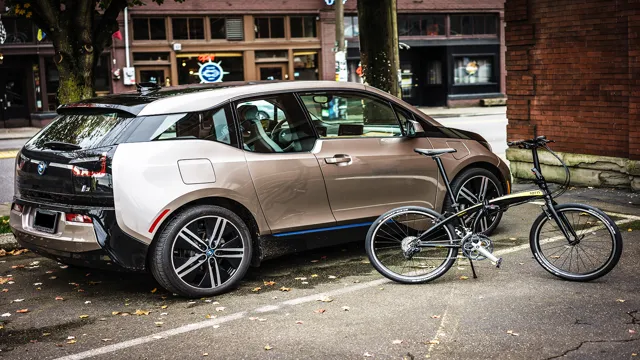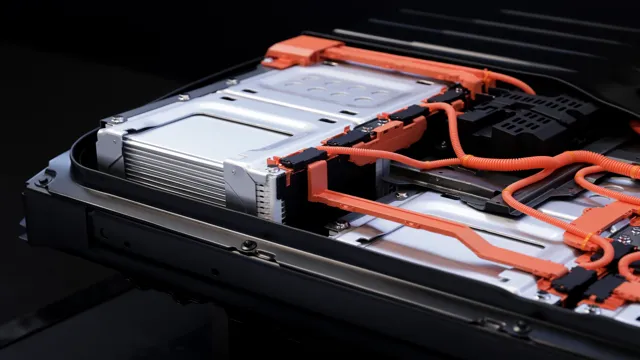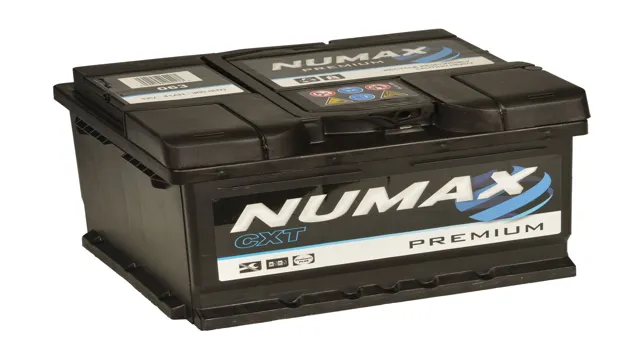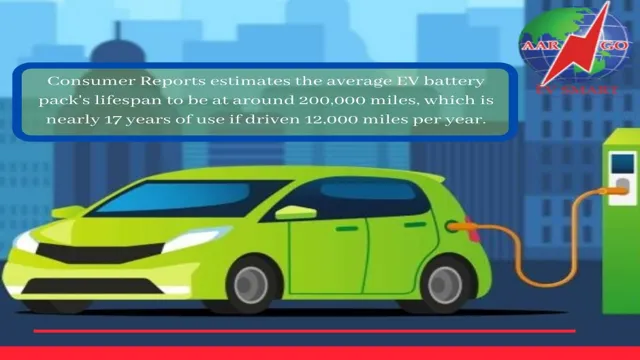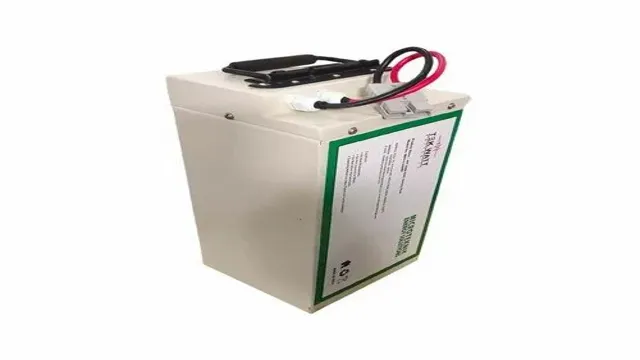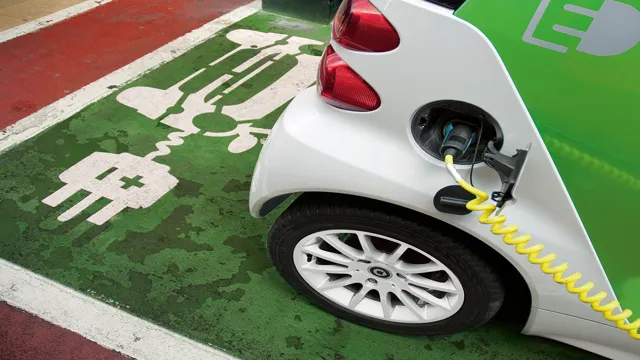The Shocking Truth about BMW i3 Battery Cost: A Complete Guide to Electric Car Ownership
Have you been considering purchasing a BMW i3 but are skeptical about the cost of its battery? Rest assured, we’ve got you covered. The BMW i3 is known for its eco-friendliness and unique design, making it an attractive option for those who are environmentally conscious. However, the hefty price tag that comes with it’s battery can leave many potential buyers questioning whether it’s worth the investment.
So, let’s delve into the cost of the BMW i3 battery. The battery replacement price ranges from approximately $6,000 to $17,000 depending on the year and model of the vehicle. The price may seem daunting, but it’s important to note that the battery is covered under the manufacturer’s warranty for eight years or 100,000 miles, whichever comes first.
It’s also important to consider the benefits of owning an electric vehicle like the BMW i Long-term savings on gas, maintenance, and repair costs can add up significantly over time and offset the initial investment. Plus, the peace of mind that comes with driving a clean, earth-friendly car is priceless.
In a market where sustainability is becoming increasingly important, the BMW i3 offers an attractive and viable option for those looking to enter the electric vehicle world. So, the cost of the BMW i3 battery may seem daunting at first, but the long-term benefits and peace of mind make it a worthwhile investment.
Overview of the BMW i3 Battery
The BMW i3 battery is one of the standout features of this popular electric car. The battery itself is made up of a number of smaller cells, and the i3 currently uses a 42 kWh battery pack.
While this does result in a slightly lower range of around 153 miles per charge, it’s also what makes the car relatively affordable compared to some of its electric competitors. In terms of cost, the battery component is one of the most expensive parts of the i3, but it’s worth noting that BMW offers a battery warranty that covers the cost of replacement if there is any loss in capacity over the first eight years of ownership. Overall, the BMW i3 battery is a reliable and effective power source for this popular electric car, even if it does come with a slightly lower range than some other options on the market.
Specs and Features of BMW i3 Battery
The BMW i3 is an innovative electric vehicle that features a unique battery design that sets it apart from other EVs on the market. The i3 is powered by a lithium-ion battery that is composed of eight modules, each containing 12 individual battery cells for a total of 96 cells. This design allows the battery to be easily replaced or upgraded as needed, which is not common with other EVs.
The i3 battery has a capacity of 42 kWh, providing a range of approximately 153 miles on a single charge. The battery also boasts a rapid charging capability, allowing the vehicle to be charged up to 80% in just 40 minutes.
Additionally, the BMW i3 battery is designed to be highly responsive, offering a thrilling driving experience that is both smooth and efficient. With its advanced battery technology and sleek design, the BMW i3 sets the standard for electric vehicles and proves that driving an EV doesn’t have to be boring.
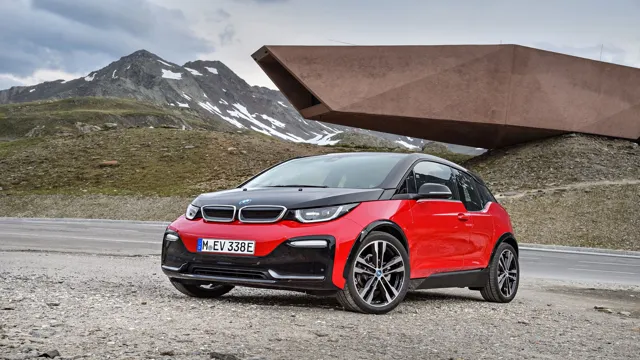
Life Expectancy of BMW i3 Battery
The BMW i3 has been one of the most popular electric cars in recent years, thanks in part to its advanced battery technology. The i3 features a lithium-ion battery that is designed to provide reliable performance for years to come. In fact, the life expectancy of the BMW i3 battery is estimated to be around 8 to 10 years, or approximately 100,000 miles.
Of course, the life of the battery can vary depending on a variety of factors, such as driving conditions, weather, and maintenance. However, with proper care and maintenance, the BMW i3 battery should provide dependable power for many years to come. So, whether you’re looking for an eco-friendly way to get around town or you’re a long-distance driver, the BMW i3 is a top choice for anyone looking for an electric car that delivers reliable, long-lasting performance.
Factors Affecting the Cost of BMW i3 Battery
The cost of a BMW i3 battery can vary depending on several factors. One of the most significant factors is the size of the battery. A larger battery will inevitably cost more than a smaller one due to the higher amount of materials needed to manufacture it.
Additionally, the age of the battery can also affect its price. An older battery may not hold as much charge and will, therefore, have a lower market value. The brand of the battery also plays a role, as some brands may have higher prices due to their reputation and quality.
The technology used in the battery, such as its production process or the materials used, can also influence the cost. Finally, the cost of the battery may be influenced by supply and demand. If there is a high demand for BMW i3 batteries and a limited supply, the price may rise accordingly.
Ultimately, it is essential to consider all these factors to determine the cost of a BMW i3 battery.
Warranty and Maintenance
When it comes to electric vehicles like the BMW i3, the battery is one of the most crucial components. The cost of a BMW i3 battery replacement can vary depending on several factors such as its size, age, and technology. The size of the battery affects its capacity and range, with larger batteries costing more.
Additionally, older batteries may need more maintenance or even replacement due to wear and tear. Another factor that can affect the cost of a BMW i3 battery replacement is its technology. The newer technologies tend to be more expensive at the time of replacement.
While owning an electric vehicle may seem like a luxury, it’s important to consider the cost of maintenance, including the cost of battery replacement. Proper maintenance can help extend the life of the battery and reduce the likelihood of needing a costly replacement. With the right care, the BMW i3 battery can last for many years, providing a sustainable and efficient option for drivers.
Age and Condition of Battery
The age and condition of the battery are two of the top factors affecting the cost of a BMW i3 battery. As the battery ages, it loses its ability to hold a charge, which causes the car’s driving range to decrease. This means that the battery needs to be replaced, which can be costly.
The cost of the battery also depends on the condition of the battery. If the battery is in good condition, it can be reused, but if it’s in poor condition, it needs to be discarded and replaced, which adds to the overall cost. It’s important to remember that the cost of the battery replacement also includes the labour cost, as it can be quite a time-consuming process.
Therefore, it’s crucial to keep an eye on the battery’s condition and age to ensure that it’s always functioning optimally. So, while the overall cost of a BMW i3 battery replacement can be quite expensive, taking care of the battery and monitoring its age and condition can help reduce the cost in the long run.
Market Demand and Supply
One of the major factors affecting the cost of BMW i3 batteries is the market demand and supply. With the increasing demand for electric vehicles, the demand for high-performance batteries such as those used in the BMW i3 has also risen. As a result, suppliers of materials required for the production of these batteries, such as lithium and cobalt, have increased their prices due to the limited supply.
Additionally, the cost of manufacturing these highly specialized batteries is quite high as they require sophisticated technology and specialized machines. However, with the advancements in battery technology and increased competition in the electric vehicle market, the cost of batteries for BMW i3 is expected to decrease in the coming years. This will make it more affordable for consumers to purchase vehicles that are not only environmentally friendly but also offer a high level of performance and comfort.
As a result, the BMW i3 is a great choice for those who care about the environment and want to take advantage of state-of-the-art technology in their daily lives.
Average Cost of BMW i3 Battery Replacement
If you’ve been eyeing a BMW i3 electric car, one question that might be on your mind is how much it costs to replace the battery. After all, the battery is a critical component of an electric car’s powertrain, and the i3 is no exception. The good news is that BMW has designed the i3 to have a long-lasting battery that should last for many years.
However, when eventually the time comes for a battery replacement, it’s important to consider the cost. According to BMW’s official website, the average cost of an i3 battery replacement is around $16,000, which is a significant expense. However, it’s worth noting that this cost includes not just the battery itself, but also installation and other associated labor costs.
It’s also important to keep in mind that the battery should last for several years before needing a replacement, and that there are ways to prolong its life through proper maintenance and cautious driving habits.
Cost Breakdown
Are you considering purchasing a BMW i3 or do you currently own one and wondering about the cost of battery replacement? Well, the average cost of battery replacement for a BMW i3 is around $8,000 to $13,000 depending on the model year and whether you get a new or refurbished battery. While this may seem like a steep cost, it is important to keep in mind that the battery life for these cars is expected to last around 8 to 10 years. Additionally, the BMW i3 has much lower maintenance costs compared to traditional gas-powered vehicles, meaning you’ll save money in the long run.
Nonetheless, it’s important to budget for future possible costs in case you need to replace the battery of your BMW i
Comparison with Competitors
When it comes to electric vehicles, the cost of battery replacement is a significant factor to consider, and the BMW i3 is no exception. On average, the cost of replacing the battery on a BMW i3 is around $9,000 to $10,000. While this may seem steep, it’s important to note that the battery on the i3 comes with an eight-year/100,000-mile warranty.
Compared to other electric vehicles on the market, the i3’s battery replacement cost is on par with or even slightly lower than its competitors. For example, the Nissan Leaf’s battery replacement cost is around $5,500, but it only comes with a five-year/60,000-mile warranty. On the other hand, the Tesla Model S’s battery replacement cost is around $12,000 to $15,000, but it comes with an eight-year/unlimited-mile warranty.
Ultimately, when considering the cost of battery replacement, it’s essential to take into account the warranty and overall lifespan of the battery to determine if the cost is worth it.
Conclusion and Final Thoughts
In conclusion, the BMW i3 electric car may have a steep upfront cost due to its innovative battery technology, but it pays off in the long run with savings on fuel, maintenance and emission-free driving. And let’s be honest, who wouldn’t want to impress their friends with a sleek and sustainable ride? It’s time to electrify the road and leave old gas-guzzling habits in the rearview mirror.”
FAQs
What is the cost of replacing the battery in a BMW i3 electric car?
The cost of replacing the battery in a BMW i3 electric car can vary depending on the region and dealership, but on average it can cost around $8,000 to $10,000.
How long does the battery in a BMW i3 last before needing to be replaced?
The battery in a BMW i3 is designed to last for eight years or 100,000 miles, whichever comes first. However, factors such as driving habits and environmental conditions can affect the lifespan of the battery.
Is the BMW i3 battery covered under warranty?
Yes, the BMW i3 battery is covered under a warranty of eight years or 100,000 miles, whichever comes first. The warranty covers defects in materials and workmanship, as well as a gradual decrease in capacity.
Can the BMW i3 battery be recycled once it reaches the end of its life?
Yes, the BMW i3 battery can be recycled once it reaches the end of its life. BMW has established a closed-loop supply chain for its electric vehicle batteries, which includes the recycling of lithium-ion batteries.

